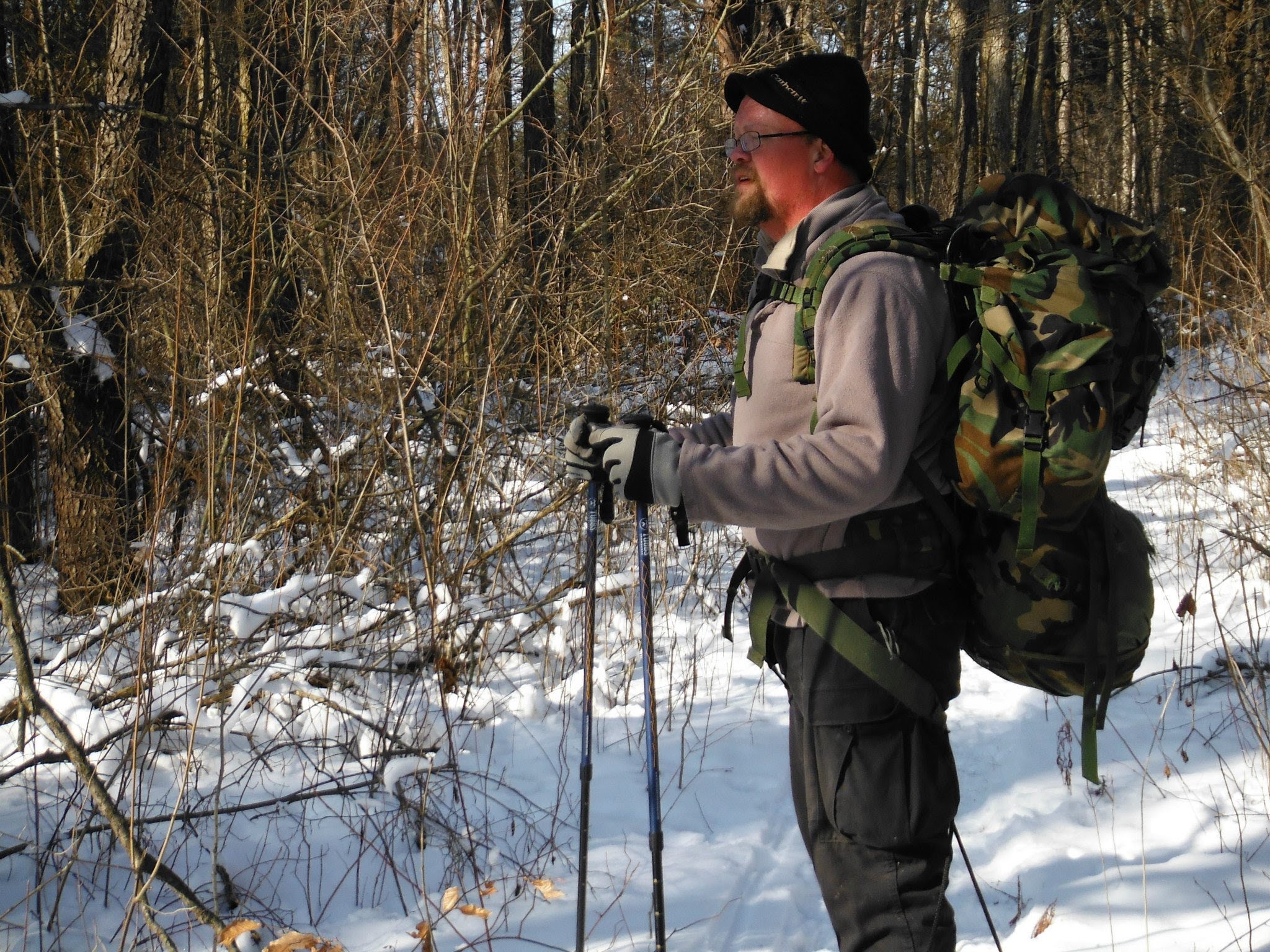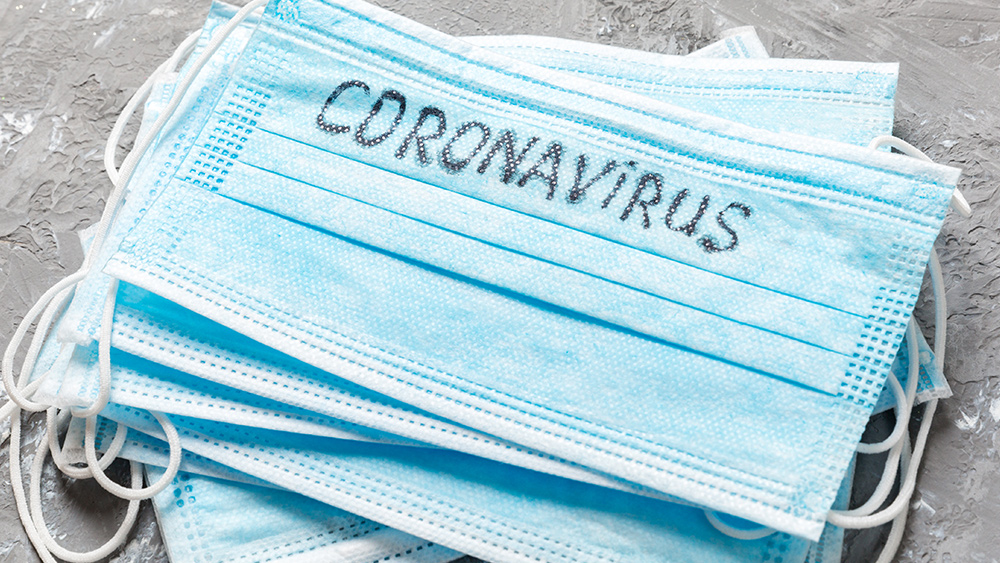
Advertisement
Making the decision to become a prepper is not an easy one and, frankly, should not be made in haste. While most people have a natural instinct and will to survive – whether it be a natural disaster, global war or a societal collapse – not everyone is motivated to make the preparations necessary to survive.
It’s easy to see why. Millions live in denial that such events could take place in their lifetimes. Prepping requires a sizeable investment of time and money. Preppers must often alter their lifestyles in order to begin living more simply. Prepping tools must be mastered, medical skills honed, and making the decision to protect yourself and your family with a weapon must be carefully considered and accepted.
But once a person does decide to take on the responsibility, there are a number of common mistakes and pitfalls that await. Everything from paying too much for supplies to purchasing the wrong gear to falling for prepping gimmicks can throw you off your prepping schedule and set you back weeks, months or even years. (RELATED: World’s Ultra-Rich Buying Bug-Out Retreats In Anticipation Of Mass Social Uprising)
With that in mind, let’s go through some of the more common pitfalls of prepping, per the Survivalist Prepper:
- Learn to recognize the truth: All too often the news cycle can be your worst enemy when it comes to prepping. There’s an old expression in the news business that goes, “If it bleeds, it leads.” That basically means the more horrific or potentially horrific a story, the more it gets hyped. Breathless reporting that offers only speculation and little in the way of fact tends to hype the beginning prepper and force him or her to make bad decisions and investments. Stay informed but step back and evaluate the news reporting; you’ll eventually learn to spot a real emergency when it approaches.
- Guard against fake news: It’s everywhere these days, this fake news, and much of it comes from so-called “mainstream” media outlets. Because they are tainted with Left-wing political bias, much of the news about the Trump administration, for instance, is completely fabricated. When it comes to actual events that may directly affect you, such as a pending natural disaster, your local news is almost always a better source. As for national news, Censored.news is a great place to monitor; so many trustworthy news sources at your fingertips, and it’s updated hourly. You can also search for reliable news reporting at GoodGopher.com.
- Watch for scams: This may be easier said than done, especially for beginner preppers, but generally speaking, remember the old adage – if it sounds too good to be true, it probably is. One fairly reliable way to tell if a particular product is good is to read the customer reviews. Granted, there have been instances of people being paid to write favorable product reviews, but you can get a good feel for a product by researching the comments. Generally speaking, people have to feel strongly one way or another about a product to take the time to comment on it, so you can be fairly certain most of them are accurate. Also, join some forums online – prepper communities and so forth – to find out what others are doing and what products, tools, weapons, etc. they have used and recommend. Here’s a good one.
- Don’t overspend: One of the cornerstones of being a prepper is getting yourself out of debt, because having heavy debt limits so many of your choices. That said, buy what you need but for survival, don’t overdo it. You don’t want to put yourself deeper in debt when prepping. Figure out a budget and spend no more than what you’ve allotted yourself on any given pay period. If you want to buy something that costs more than your budget will allow, start saving for it. (RELATED: Putting Together A Vehicle ‘Bugout’ Kit)
- Prep for reality: What are your prepping goals? Have you decided to “bug in” or “bugout” and if it’s the latter, where will you go, how will you get there and have you stocked your bugout location with food, water and supplies? Also, do you expect to have to fight your way out? Will you have a lot of angry, hungry people in your area after stuff hits the fan, or are you currently living in a rural area where there aren’t a lot of people? Don’t over-prep. Assess your current situation, figure out what your strategy will be, and prep for that. If you don’t plan to bugout, you won’t need a bugout vehicle/motorcycle, etc. How many people will you have to feed? Do you have any medical problems that require medication? Do you have pets? Is it cold/hot all year long where you live? And so forth. Consider what is appropriate only to you and your circumstances; that will keep you from over-preparing with gear and provisions for situations that don’t or won’t apply to you.
Stay tuned; more great tips coming in Part II.
J.D. Heyes is a senior writer for NaturalNews.com and NewsTarget.com, as well as editor of The National Sentinel.
Sources:
Submit a correction >>
This article may contain statements that reflect the opinion of the author
Advertisement
Advertisements
















